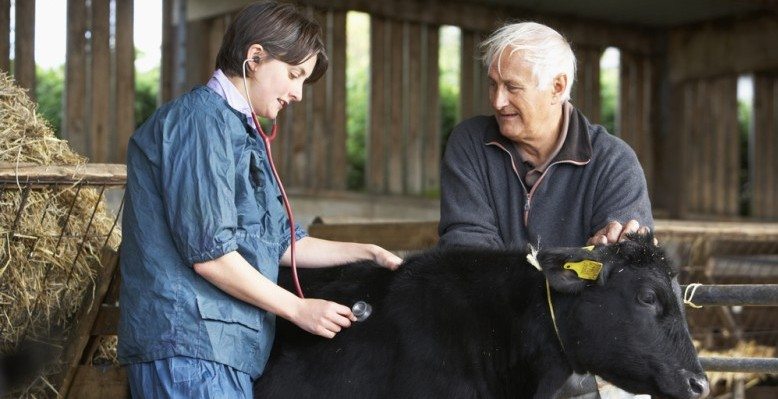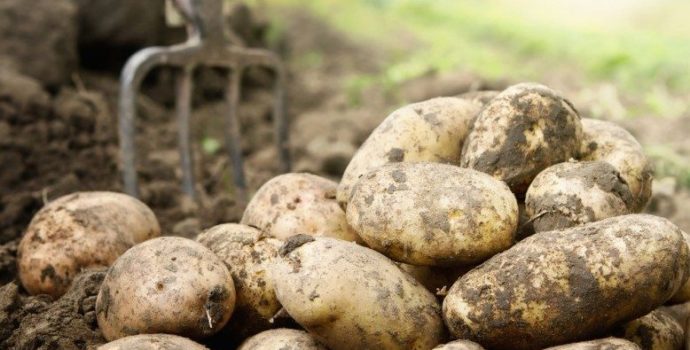Farmers’ Efforts on Animal Health Must Be Matched by Strong Commitment from Department

IFA Animal Health Chairman Bert Stewart said the Minister for Agriculture Simon Coveney and his officials are failing to adequately support farmers in their efforts to achieve the production targets in Food Harvest 2020, of which animal health is a critical component.
He said farmers have been left exposed to increased costs and a lack of support as a result of decisions taken by the Minister and his officials, which is at odds with both EU and national stated policy in the area of animal health. The concept of ‘prevention is better than cure’ is based on early detection and removal of disease threats from the farm. However, as farmers strive to apply this principle, they are not receiving adequate assistance from the Minister in the process.
Bert Stewart said two issues have come to light which highlight the lack of support and joined up thinking from the Department of Agriculture and the impact it will have for farmers.
He said at the recent BVDIG meeting, members were informed that due to the retention levels of Pi animals on farms, farmers who complete their 3 years on tissue tag testing this year will not be allowed to move to lower level monitoring. This is a fundamental change to the programme and has the potential to significantly increase costs of the programme for farmers. “IFA from the outset have raised this issue with the Minister and pointed to the impact Pi retention would have on the programme achieving its objectives within the established timeframes and costs for farmers. International experience gained from similar programmes has shown a clear link between the level of support provided and the early disposal of Pi calves. The failure of the Minister to recognise these concerns and to provide an adequate and meaningful level of supports for farmers identifying Pis has resulted in this situation arising.”
It is crucial if the BVD programme is to get back on track and AHI maintain credibility with farmers that the issue of supports for Pi calf disposal is revisited.
Bert Stewart has called on the Minister to provide the levels of financial support to farmers which is necessary to ensure the prompt removal of all Pi animals from farms. This must include retrospectively increasing the payment already made to those who have disposed of their animals and payments for farmers who have to complete an extra year of tissue tag testing as a result. He said, “The issue is further compounded as a result of the decision taken by the Department of Agriculture in relation to the fallen animal collection scheme which has resulted in the cost of collecting calves to over €30 in some areas”.
The IFA Chairman said the proposal by the Minister for Agriculture to increase the fees charged by the Regional Veterinary Laboratories in order to align them with the increased knackery disposal cost of fallen animals is astounding.
Mr Stewart said early detection of on farm disease issues is crucial in reducing the impact and cost and the RVL structure is vital and ideally placed to play a key role in this area. Animals or samples can only be submitted to a RVL under the direction of a veterinary practitioner who deems it necessary in order to assist in the on-farm investigation. In this regard the assertion by the Department of Agriculture that RVLs were merely used as a cheap knackery service by farmers is not credible.
This latest move aligns the service provided by the RVL structure to that of knackeries and ignores the needs of farmers in this area. The RVL service must continue to provide an independent analytical and advice role for farmers at the long established rates. This service must be provided with the necessary resources to adapt and further improve the service to farmers as herd sizes increases and new issues arise.
The proposal by the Minister to increase the fees will result in farmers not being in a position to avail of this often crucial service and could result in serious disease issues going undetected which would compound the problem for the farmers concerned and their neighbours. Bert Stewart has called on the Minister to withdraw the proposal immediately and instead focus on how best the RVL service can be structured to meet the continually changing needs of farmers.




